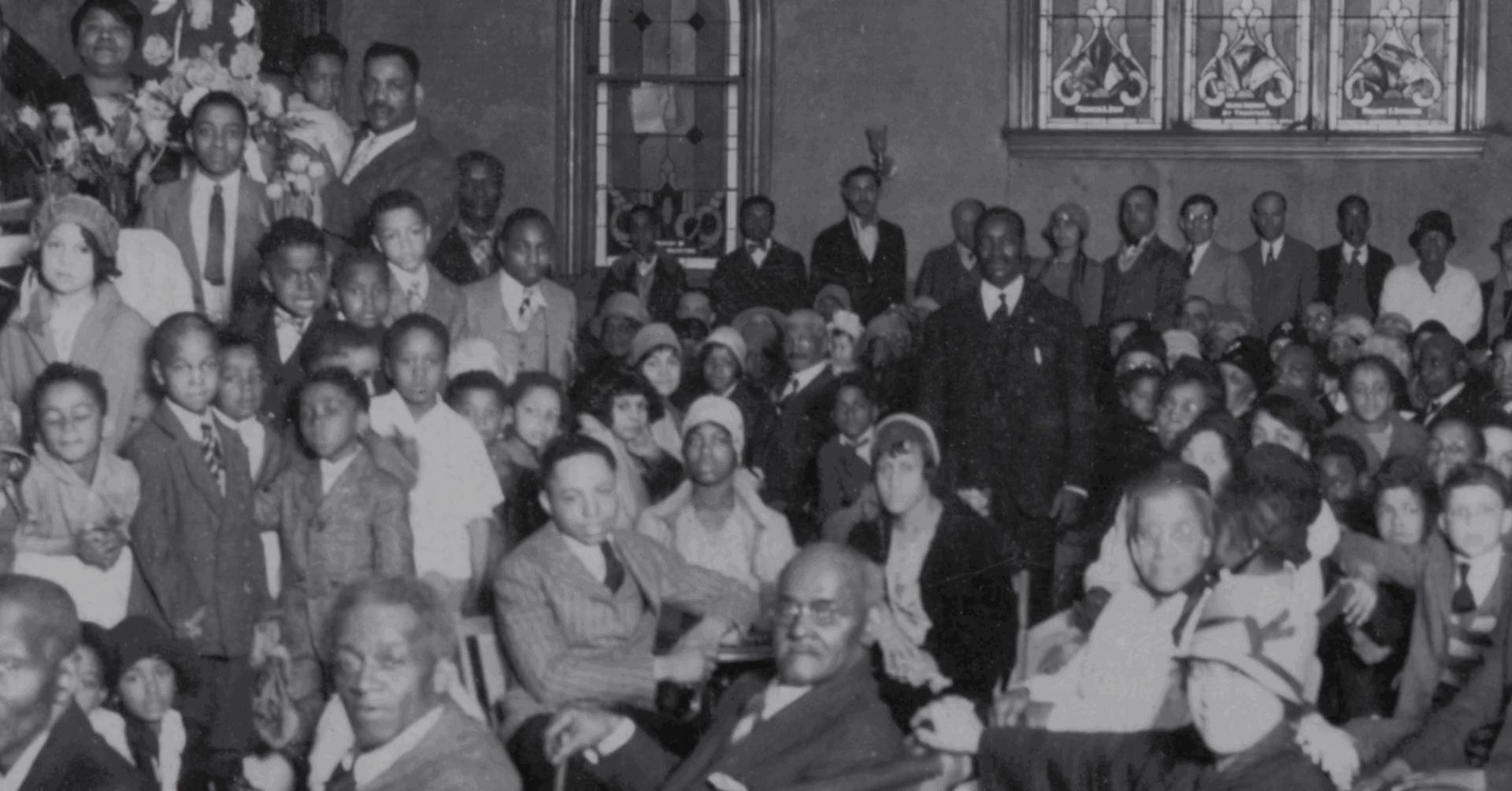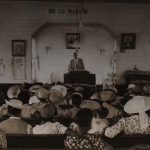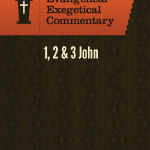
Understanding the different cultural, historical, and socio-economic contexts in which Christians live and God acts is critical to developing a full understanding of God and his Kingdom. Too often voices from these diverse contexts are suppressed or excluded in favor of voices from the dominant culture. But God is not limited by context. He is faithful in every circumstance, and by reading Plain Theology for Plain People, we receive a glimpse into late-nineteenth-century black life, rooted in Scripture and divine wisdom.
Racial diversity in the church is a critically important concern today, just as it was 100 years ago, and will be 100 years from now. The work of Charles Octavius Boothe provides us with an opportunity to engage with a historically muted perspective. Plain Theology for Plain People may be over 100 years old, but it is no less important today than when it was first published.
The following is an excerpt from Walter R. Strickland II’s introduction to Plain Theology for Plain People.
Why revive Plain Theology for Plain People?
Plain Theology for Plain People destroys reductionist stereotypes of black faith. Many are unfamiliar with the African American theological heritage because of its limited corpus. Black Christianity is largely an oral tradition, and its written resources have been obscured by racial bias. Today, as in Boothe’s time, many tend to caricature black Christian faith as merely “religious feeling and fervor.”
Plain Theology for Plain People shows black evangelicals that they belong in the broad evangelical tradition. Many thoughtful black Christians—often educated in evangelical universities and seminaries—have an enduring sense of homelessness in the evangelical tradition. Their ancestors are seldom, if ever, included as contributors to Evangelicalism. Boothe offers a window into an underexplored vista of theological expression. Black evangelicals have equal claim to the evangelical tradition—even though evangelicals have historically muted their voice.
Plain Theology for Plain People requires evangelicals to engage non-white theological voices. Because evangelical biblical and theological studies have excluded the voices of racial minorities, evangelical theology is shaped by the concerns of the dominant culture. Unfortunately, white evangelicals only hear minority evangelicals’ theology if it echoes white evangelical voices.
Unity in Christ demands an openness to collaboration and to mutual sharpening in the theological task. Evangelicals often presume that the task of theology is merely to comprehend God. But the goal of theology is wisdom—a lived demonstration of knowing God. God, not context, has ultimate authority, and yet wisdom demands understanding the context in which Christians live and God works.
Christians need Christians from different cultural, historical, and socioeconomic contexts to develop wisdom. Boothe grappled with God’s relation to late-nineteenth-century black life—including economic disenfranchisement, lynching terror, and legal segregation. Chronological and cultural distance allows readers today to see how Boothe embodied divine wisdom in his context. As a result, believers are encouraged by God’s actions in the past: the Lord God is faithful in every circumstance.
Plain Theology for Plain People exemplifies how the Bible informs Christian doctrine. Systematic theologians continually fight the temptation to conform Scripture to a theological system (be it Reformed Theology, Liberation Theology, or Neo-Orthodox Theology). While every theological paradigm ought to be based on Scripture, not every verse fits neatly into a system. With his audience in mind, Boothe reinforces the sufficiency of Scripture by giving an organized account of how Scripture informs Christian doctrine. Through his biblical centrality Boothe circumvents the theological skirmishes of the academy. Like Boothe, theologians today must make the lofty ideas of theology plain to common Christians.






